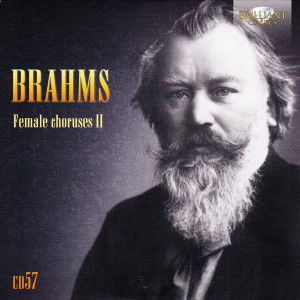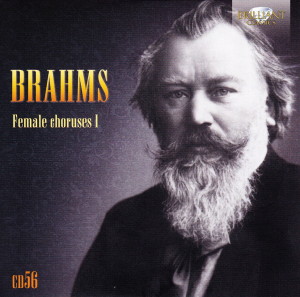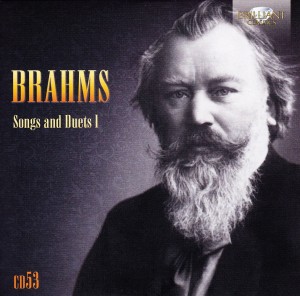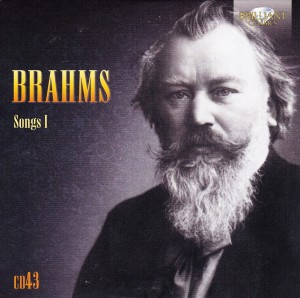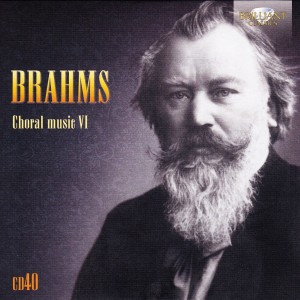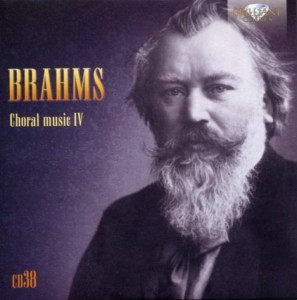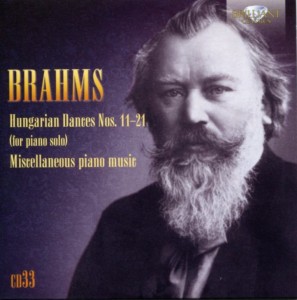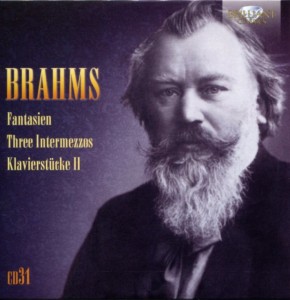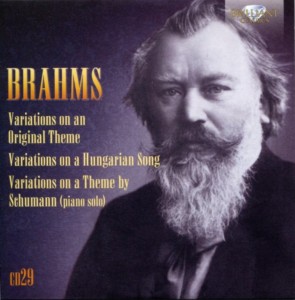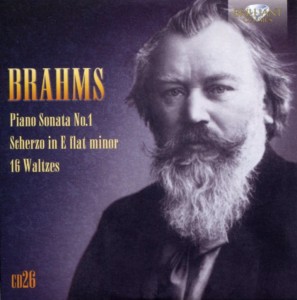This morning’s CD (Brahms CD 57) is not much different from yesterday’s.
Well, that’s not true. It’s similar in that it’s another CD of female choruses performed by Chamber Choir of Europe, conducted by Nicol Matt. But something about this music grabs me by the lapels, right from the get-go.
There are 19 tracks on today’s CD, all designated Wo038 posth.
Track 1 (“No.1 Die Entfuhrung”) is absolutely beautiful. The melody is stunning. The soaring soprano voice that rises above gives me chills.
Listen for yourself. This is the exact same music to which I’m listening this morning:
There’s something about that first song…
Even though it’s in German, its arrangement is so perfect that I’m not even hearing the language. I’m mesmerized by the angelic sound of the voices.
To give you an idea of how impressed I am with today’s music, I’ve heard it 2-3 times through. Just let Repeat take me away to another time and place.
I love finding music that does that for me.
I only have one more day of listening to Brahms’ music. Tomorrow is Brahms CD 58, the end of the Brahms Complete Edition box set by Brilliant Classics.
I had no idea Brahmns was this into vocal music. Seems like 1/5 to 1/4 of his output was vocal music – and all of it in German. No Scottish folk songs. No English folk songs. Just a bunch of German-language vocal music that seemed written to please himself more than others. Or maybe he didn’t see his audience as being broader than Germany/Austria or other nearby countries that spoke and/or understood German.
I’ll reflect in greater depth tomorrow on my last day of listening to Johannes Brahms.

